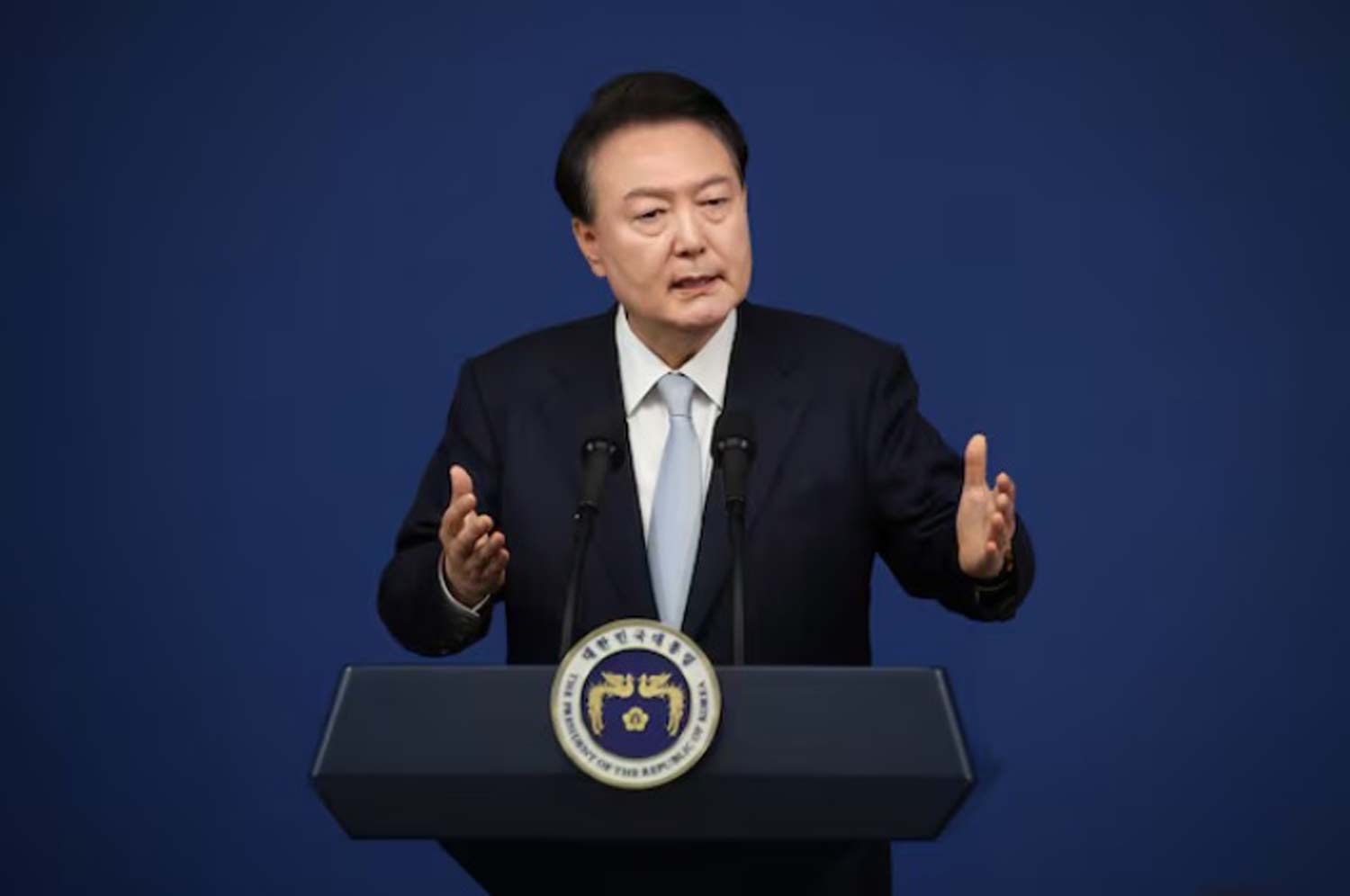On December 3, China‘s Ministry of Commerce declared that the export of dual-use items, including gallium, germanium, antimony, and superhard materials, to the United States will be prohibited. This decision likely indicates that more than 20 mineral items, comprising both metals and chemicals, are now banned from export from China to the U.S.
These materials are crucial for U.S. national security. For instance, antimony is utilized in the production of bullets and artillery shells; gallium is essential for integrated circuits in advanced radar technologies; and germanium is required for night-vision and thermal imaging systems. A shortage of these elements could hinder the defense industrial base’s ability to produce munitions and weapon systems, thereby compromising the operational capabilities of the U.S. military.
Importantly, China is identified as the United States’ “most consequential strategic competitor” in the 2022 National Defense Strategy and serves as the primary source of U.S. imports for both antimony metal and oxide, as well as germanium metal. Additionally, China ranks as the second-largest supplier of gallium to the U.S. With the immediate implementation of China’s export ban, the U.S. defense industrial base may face short-term shortages of these minerals and increased costs. This situation warrants serious attention, as mineral shortages can disrupt defense manufacturing and weaken military readiness, reminiscent of challenges faced by the United States during World War II.
The recent export ban imposed by China is likely to cause significant supply disruptions, potentially resulting in a multi-billion-dollar impact on the U.S. economy. A recent analysis by the U.S. Geological Survey indicated that a complete halt of gallium exports from China could lead to a decline in the U.S. gross domestic product by as much as $8.2 billion.
It is crucial to note that companies in third-party nations that import antimony, gallium, and germanium from China and subsequently export these materials to the United States would be in violation of China’s export ban and could face legal repercussions. While some firms in other countries do produce these minerals, their production capacity may not be sufficient to fully compensate for the U.S. imports currently sourced from China. Notably, China dominates gallium production, accounting for approximately 98 percent of the global supply each year.
In the long run, the U.S. defense industrial base may benefit if domestic companies establish more robust supply chains that do not rely on foreign adversaries, particularly if the U.S. government provides financial support for mineral projects aimed at addressing these supply shortages.
However, in the short term, there is a possibility that China may extend its export bans to encompass additional minerals listed under its dual-use export control regulations. These minerals include aluminum, beryllium, bismuth, calcium, graphite, hafnium, magnesium, nickel (powder), rhenium, titanium, tungsten, zinc, and zirconium, many of which have been classified as “materials of interest” by the U.S. Defense Logistics Agency.
The forthcoming Trump administration recognizes the mineral vulnerabilities faced by the United States. The previous Trump administration enacted Executive Order 13953, which identified a national emergency due to the U.S. dependence on foreign adversaries, particularly China, for essential minerals. In response, the administration enhanced mineral stockpiling and provided increased financial backing for domestic mining and processing initiatives. The new Trump administration has the potential to expand these efforts.
During the first Trump administration, the Department of Commerce advocated for stockpiling to mitigate risks associated with mineral supply interruptions, while the Department of Defense took measures to augment the U.S. government’s stockpile of rare earth elements. Importantly, the incoming Trump administration will have access to over $300 million in existing funds aimed at enhancing the quantity and diversity of minerals within the National Defense Stockpile.
Additionally, the first Trump administration bolstered financial assistance for U.S. mining and processing ventures. The Department of Energy issued guidance that allowed U.S. mining and processing projects to qualify for loan guarantees under the Title 17 program, as well as direct loans for U.S. processing projects through the Advanced Technology Vehicle Manufacturing (ATVM) program. As of October 31, 2024, the Title 17 program has more than $62 billion in loan authority available, while the ATVM program has over $45 billion remaining. The incoming administration could prioritize the swift allocation of these funds to support U.S. mineral projects.
The first Trump administration’s Department of Defense allocated grants to rare earth element initiatives under Title III of the Defense Production Act. As of December 3, 2024, the fund associated with the Defense Production Act has approximately $1.1 billion in unallocated resources. The new administration could consider distributing these grants to U.S. alumina refineries to enhance their capabilities for gallium extraction, as well as to U.S. zinc smelters to develop their capacity for germanium extraction.
In conclusion, China’s recent export restrictions on antimony, gallium, and germanium pose a significant threat to the supply chains of the U.S. defense industrial sector. The United States is also heavily dependent on China for various other minerals, meaning that similar export restrictions on these resources could have equally detrimental effects. It is imperative for the U.S. government to utilize all available policy measures to decrease reliance on foreign adversaries for minerals and strengthen domestic supply chains for critical minerals.
Discover more from Defence Talks | Defense News Hub, Military Updates, Security Insights
Subscribe to get the latest posts sent to your email.





